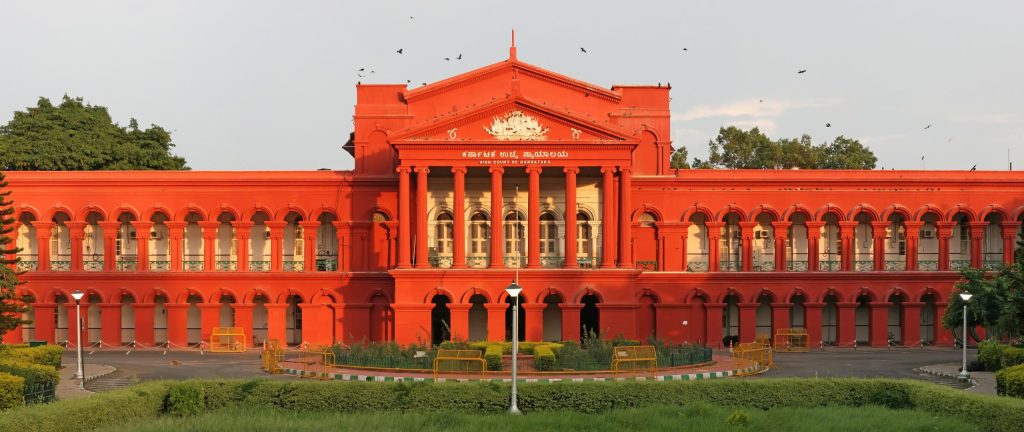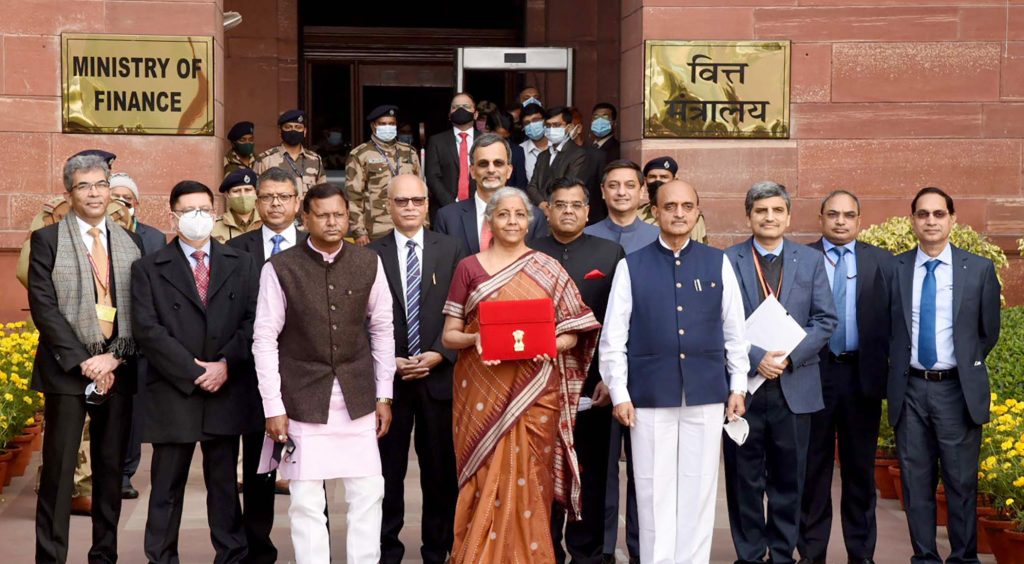Now Reading: Status of Fast Track Courts in India
-
01
Status of Fast Track Courts in India
Status of Fast Track Courts in India
After the night of 16 December, 2012, when a 23 year old woman, a para- medical student was brutally gangraped by 6 men on a moving private bus, in the country’s capital, the Delhi State Government decided to set up special fast track courts in the capital for disposing off pending rape cases against women and children, and for better investigation and swift resolution. The history of fast track courts in the country extends way back to 2001, when the then federal government decided to set up these fast track courts to address and tackle the backlog of pending cases in the district courts, sessions courts and other subordinate courts. Setting up of subordinate courts such as the fast track courts falls under the jurisdiction of the State Government, who in consultation with the High Court sets up such subordinates.
In 2013, the government approved the setting up of 1023 fast track courts in the nation to speedily dispose off the pending rape cases and the cases which fell under the Protection of Children from Sexual Offences Act, 2012 ( POCSO Act). “The Empowered Committee of Officers under Nirbhaya Fund, under the chairmanship of secretary, Women and Child Development (WCD) Ministry has approved the following three major proposals which include setting up 1,023 Fast Track Special Courts (FTSCs) to dispose off pending cases of rape, and POCSO Act across the country. It would be divided into two phases- 777 FTSCs may be set up in nine states during the first phase, and in the second phase, 246 FTSCs will be set up,” the Women and Child Development Ministry said in a statement. This project received a financial sanction of total Rs. 767.25 crore.
Fast Track Courts in india
According to a recently released report by the Ministry of Law and Justice, Department of Justice on the 26th of June 2019 , currently, there are 581 fast track courts in the country that are functional. While the state of Uttar Pradesh has the highest number of functional fast track courts set at 206, there are some states and union territories such as- Arunachal Pradesh, Mizoram, Rajasthan, Nagaland, Goa, Gujarat, Punjab, Chandigarh, Himachal Pradesh, Jammu and Kashmir, Jharkhand, Karnataka, Madhya Pradesh, Kerala and Lakshadweep, Meghalaya, Odisha, Puducherry, Uttarakhand, Daman and Diu, Dadra and Nagar Haveli, and Sikkim, which do not have even a single fast track court that is functional.

State wise status of Fast Track Courts in India
But what could possibly be the reason for more than half of the country not having access to even a single fast track court. Have these fast track courts really proven to be fast enough? The answer is- to an extent because more than a million pending cases have been disposed off since the establishment of these courts. But the effect of setting up these fast track courts that was once anticipated is not that pleasing.
Grants released to States for Fast Track Courts
Status of Cases in these Courts
As per Law Ministry, Functional Fast Track Courts in 12 States have following status:
Let’s take a look at the various reasons for the failure of some states not having even a single fast track court and the effectiveness of the ones that are functional.
According to the suggestions of the fourteenth Finance Commission, the Center had proposed setting up 1,800 fast track courts at an expense of Rs 4,144 crore for the speedy trial of cases involving heinous crimes, including senior citizens, females, youngsters, physically challenged, and people influenced with terminal ailments and so forth.
The Law Commission, in 2003 and 2008, had suggested setting up permanent fast track courts for business cases and specially appointed quick track courts for different crimes to clear accumulations.
Incredibly, seven states and union territories in India that fall in the top10 positions for offences against females don’t have even a solitary fast track court for rape. Assam and Odisha, No.2 and 3 on this list, have zero special courts. Indeed, even Delhi, which tops the list, has just 14 fast track courts, while as per central government’s report in 2015, it needs 63.
The FTC framework in India takes a shot at possibility or we can say contingency. Truth be told, the term ‘fast track’ is a misconception. The criteria, technique and courses of action to follow the cases in a quicker manner remain very provisional. Additionally, throughout the years, the quantity of cases apportioned to them have likewise increased, which has led to the slowing down of the decision making procedure. Further, the term itself shows that the justice delivery framework is commonly lethargic. Another issue is that there are deficient number of fast track courts for the quantity of cases that are required to be decided. This leads to the overburdening of the courts and causes delay in setting off and disposing of cases. There is no exceptional methodology set out for the working of these courts to be pursued to guarantee a speedy trial. By and large, shorter dismissals would be given, however there is no prerequisite either to guarantee that cases are completely decided inside a specific time period, for example, a 6 months or a year nor is there any mandate that a fixed number of cases ought to be decided each month, similar to the inception of fast track courts. No extraordinary methodology/time barred quota for disposal of cases has been set out, in this way making our special courts indistinct from customary courts. Also, assigned staff working exclusively in a FTC isn’t constantly present. Once in a while, staff from other (regular) courts end up working in FTCs also. Furthermore, FTC staff are not given training exclusive to cases and offenses that they will handle while working in such courts. There is additionally an absence of enough funds being given to FTCs to choose and appoint adequate staff and to have advanced infrastructure like computer systems, sound video recording arrangements, cooling equipment such as air conditioners , and so forth. In some instances, even essentials, like cupboards to keep documents, isn’t present. The sorry condition of the framework is further borne out by the way that most cases documented and filed before such courts result in acquittals.
Senior Advocate, Rebecca Mammen John feels that FTCs are a political gimmick. “When the government doesn’t have any answers then it says death penalty and fast-track courts and like gullible idiots, we as citizens lap it up. Also, we look at FTCs from the prism of metropolitan cities like Delhi and Mumbai but India is larger than that. Outside of these cities, FTCs are virtually non-existent, and in many cases, they are inundated with so much work that the speed is still very slow. The problem is not one of fast-tracking every case.
Staff working in certain FTCs are on legally binding contractual arrangements; so they can leave whenever, and they don’t totally comprehend their responsibilities.The arrangement is to offer such staff permanent designations. Besides, if some staff go on leave, a lack emerges, as a substitution or replacement isn’t generally given easily.
“These courts are given unrealistic targets of cases to finish. They have been told they ought not get involved in too much technicality, and that broadly if they get a feeling that a person is guilty, then declare him guilty and if he is innocent, then declare him innocent. But that’s not how the criminal justice system works. It requires care and attention. Decisions are not made on the basis of hunches and guess work, which is what the fast-track courts turned out to be. Judges were cutting down on evidence, not allowing full cross-examinations, proceeding in the absence of lawyers in many cases,” said former Supreme Court chief justice KG Balakrishnan to the BBC network.
For healthy effectiveness, even the remaining portions of the framework, for example, the examination, investigation, filing of charge sheet, the medical reports and appeals should likewise be fast- tracked.










